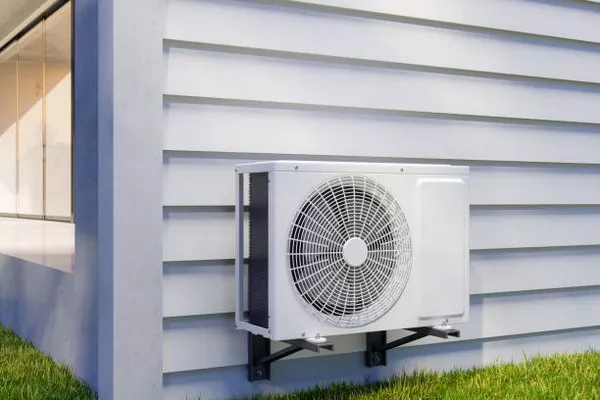In the realm of air conditioning systems, the AC compressor serves as the heart, responsible for circulating refrigerant and facilitating the cooling process. Essentially, it compresses the refrigerant gas, increasing its temperature and pressure, before passing it along to the condenser for heat exchange. This vital component plays a pivotal role in maintaining the comfort of homes, offices, and vehicles during scorching summers.
Signs of Compressor Failure
Identifying signs of compressor failure is crucial for timely intervention. Symptoms may include inadequate cooling, strange noises emanating from the unit, or even visible leaks. Additionally, if the system constantly cycles on and off without effectively cooling the space, it could signal compressor issues. Any of these signs warrants a closer inspection by a qualified technician to determine if compressor replacement is necessary.
Factors Influencing Cost
The cost of AC compressor replacement can vary significantly due to several factors. Firstly, the type of compressor needed—whether it’s a reciprocating, scroll, or rotary compressor—affects the price. Furthermore, the size and complexity of the air conditioning system play a role, as larger systems typically require more refrigerant and labor. Other factors include the accessibility of the compressor within the system and any additional repairs or parts needed.
Average Cost Range
On average, the cost of an AC compressor replacement ranges from $800 to $2,500, including both parts and professional installation. However, it’s essential to note that these figures can fluctuate based on the factors mentioned earlier. Higher-end compressors or larger systems may incur costs on the upper end of the spectrum, while simpler replacements could fall towards the lower end.
DIY vs. Professional Replacement
While some homeowners may consider tackling AC compressor replacement themselves to save on labor costs, it’s not always advisable. DIY attempts can lead to costly mistakes, voided warranties, and even personal injury. Hiring a professional ensures the job is done correctly, with proper tools and expertise. Additionally, professionals can diagnose any underlying issues that may have caused compressor failure, preventing future breakdowns.
Steps for Replacement
Replacing an AC compressor involves several steps, best left to trained professionals. Firstly, the technician will safely discharge the refrigerant from the system, followed by removing the old compressor. After installing the new compressor and any necessary parts, they’ll vacuum the system to remove moisture and air before recharging it with refrigerant. Finally, they’ll test the system to ensure it’s functioning correctly.
Maintenance Tips
Preventive maintenance is key to prolonging the lifespan of an AC compressor. Regularly changing air filters, keeping outdoor units clean and free of debris, and scheduling annual inspections can help identify potential issues early on. Additionally, ensuring proper refrigerant levels and addressing any leaks promptly can prevent compressor strain and prolong its efficiency.
Warranty and Insurance Considerations
Before proceeding with compressor replacement, it’s essential to review any warranties or insurance coverage. Some warranties may cover compressor replacement costs, provided the unit is still under warranty and the failure isn’t due to neglect or improper maintenance. Additionally, homeowners’ insurance policies may offer coverage for AC repairs or replacements resulting from covered perils, such as storms or vandalism.
Choosing the Right Compressor
Selecting the correct compressor for an air conditioning system is paramount for optimal performance. Factors to consider include compatibility with the existing system, energy efficiency ratings, and manufacturer warranties. Consulting with a reputable HVAC professional can help homeowners navigate the myriad of options available and make an informed decision based on their specific needs and budget.
Conclusion
In conclusion, AC compressor replacement is a significant investment in maintaining indoor comfort and air quality. By recognizing the signs of compressor failure, understanding the cost factors involved, and prioritizing professional installation and maintenance, homeowners can ensure their cooling systems operate efficiently for years to come. Remember, when it comes to AC compressor replacement, prioritizing quality and expertise will pay dividends in the long run.

